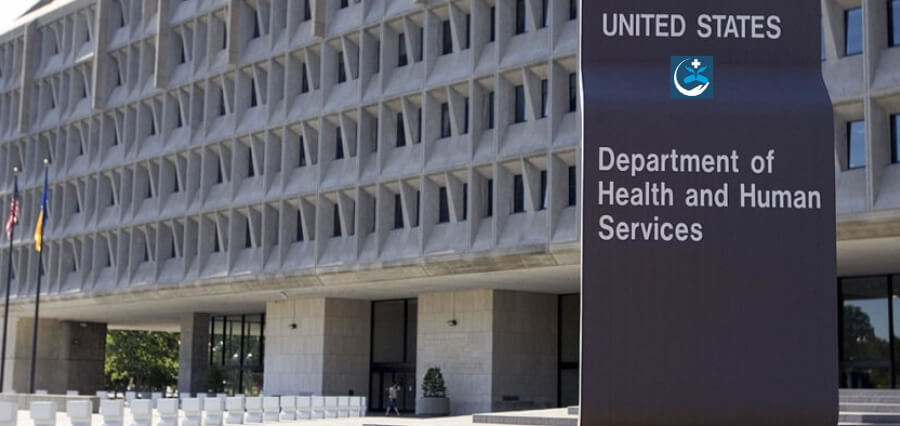The Department of Health and Human Services (HHS) has requested the Drug Enforcement Administration (DEA) to consider easing restrictions on cannabis classification under the Controlled Substances Act, potentially moving it from Schedule I to Schedule III. This development has sparked optimism in the cannabis industry, leading to increased stock prices for companies like Aurora Cannabis, Canopy Growth, and Tilray Brands.
Currently, cannabis is classified as a Schedule I drug, alongside substances like heroin and LSD, signifying that it has no accepted medical use and a high potential for abuse. The proposed reclassification to Schedule III, alongside substances such as ketamine, anabolic steroids, and testosterone, would indicate moderate to low potential for physical or psychological dependence.
While this recommendation does not fully de-schedule cannabis, it could have several significant implications for the industry:
Tax Opportunities: Moving from Schedule I to Schedule III would allow cannabis-related businesses to write off expenses on their federal tax returns, a benefit currently denied under IRS code 280E. This change could significantly improve the financial performance of industry players.
Interstate Commerce: Rescheduling would enable interstate commerce, allowing legal cannabis to be transported across state lines, addressing issues of oversupply in some states, and expanding market opportunities.
Research Opportunities: A shift in classification could promote further research in the sector, fostering innovation and scientific understanding.
Investment and Stock Values: The rescheduling could attract investors back to the industry, potentially increasing the value of publicly traded cannabis stocks.
However, it’s important to note that this move would not resolve the issue of banking services for the industry, which continues to face restrictions due to cannabis’s federal status. The Secure and Fair Enforcement Banking Act (SAFE) is a separate bill that aims to address this banking challenge and is currently under consideration in Congress.
While this development is seen as a positive step forward for the industry, industry leaders and lawmakers like Senate Majority Leader Chuck Schumer emphasize the need for broader federal cannabis reform and the eventual end of federal prohibition. The final decision on cannabis’s rescheduling will be made after the DEA’s review, and it could have far-reaching consequences for the growing cannabis industry in the United States.







